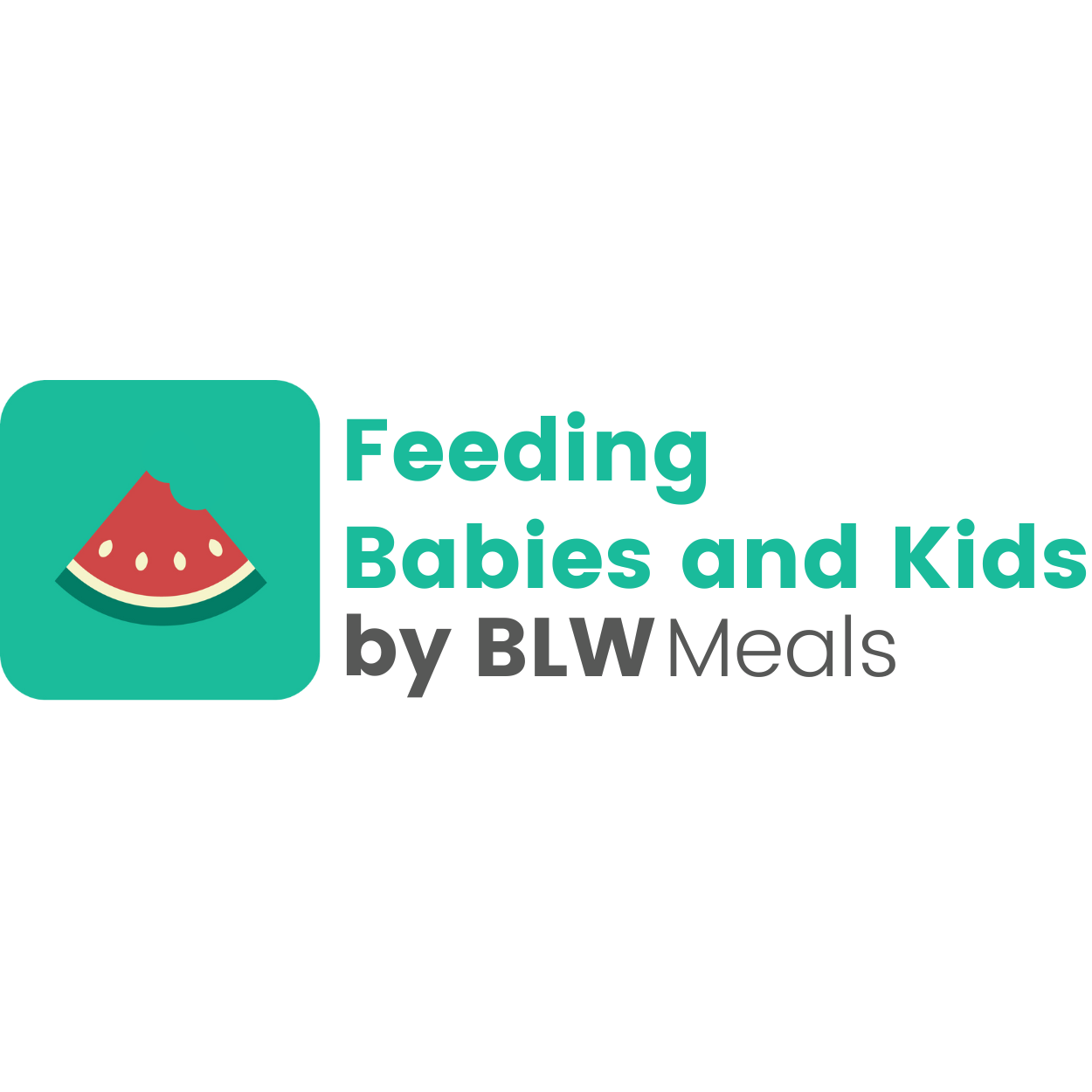
When and How to Start Your Baby’s Oral Hygiene: Practical Tips and Recommendations
We have always heard that you should brush your teeth after a meal. The World Health Organization (WHO) recommends exclusive breastfeeding for the first six months of a baby’s life. But is oral care necessary during this period when the only meal is milk?
The answer is no! As a complete food, breast milk contains immunoglobulins—protective antibodies essential for immunity—so there is no need to remove it from your baby’s mouth.
Some parents may be concerned about the smell of milk (baby breath, as some call it) or the white coating on the tongue. Milk tongue appears as a thin, white coating on the tongue that can be easily wiped away or fades between feedings. It is common in newborns and caused by milk residue. Milk tongue and oral thrush can look similar, but there are key differences to help distinguish them.
In contrast to the thin, easily removed white coating of milk tongue, oral thrush is a fungal infection that presents as thick, white patches on the tongue, inner cheeks, or gums. This does not wipe off easily and may leave red, irritated areas underneath. Thrush can also cause discomfort during feeding and may spread to the lips or roof of the mouth. If you’re unsure as to whether or not your baby’s white tongue is thrush, or if your baby seems in pain, consult a healthcare provider for proper diagnosis and treatment.
What About Babies Who Drink Formula?
Oral care is also not mandatory for formula-fed babies, as current research does not indicate a need for routine cleaning before the first teeth emerge. Unlike solid foods, formula is a liquid that does not leave significant residue on the gums or tongue that could contribute to oral health issues. Additionally, there is no scientific evidence suggesting that formula increases the risk of early dental problems in the absence of teeth.
When Should You Start Oral Care?
Oral hygiene should begin as soon as the first teeth appear, typically around six months of age. However, if teeth emerge earlier, even before starting solid foods, cleaning is still recommended.
What Should You Use for Your Baby’s Oral Hygiene?
All major dental associations and institutions, both national and international, recommend using fluoride toothpaste (1,000–1,100 ppm fluoride) from the moment the first tooth appears. The amount used should be minimal:
- For children under two years old who tend to swallow toothpaste, use only a “half grain of raw rice” worth of toothpaste.
- You can find fluoride content on the toothpaste packaging under “ingredients.”
Toothbrush: Choose a baby toothbrush with a small head and soft bristles (check the packaging for recommendations). Avoid silicone finger brushes.
Flossing: Once two teeth touch, it’s time to introduce dental floss. Flossers with handles can make the process easier for parents.
Making Brushing Time Easier
Brushing a baby’s teeth can be challenging, but baby teeth (also called deciduous teeth) are just as important as permanent teeth. Losing them too early can cause developmental issues.
Here are some tips to make brushing time smoother:
✔ Lead by Example: Children learn by imitation. Let them see you brushing your teeth.
✔ Create a Routine: Set specific times for brushing. Consistency helps children feel more comfortable. Bath time is often a good starting point.
✔ Make It Fun: Use a toy with “teeth,” sing songs, or tell stories to keep your child engaged.
Even with the best approach, some resistance or tears are normal—don’t give up! Delaying oral hygiene can increase the risk of dental issues.
When the time comes, visit a pediatric dentist for personalized guidance and to address any concerns.
Want More Baby Oral Care Resources?
Learn more about oral care and how to brush your baby’s teeth in BLW Meals app



Leave a Reply